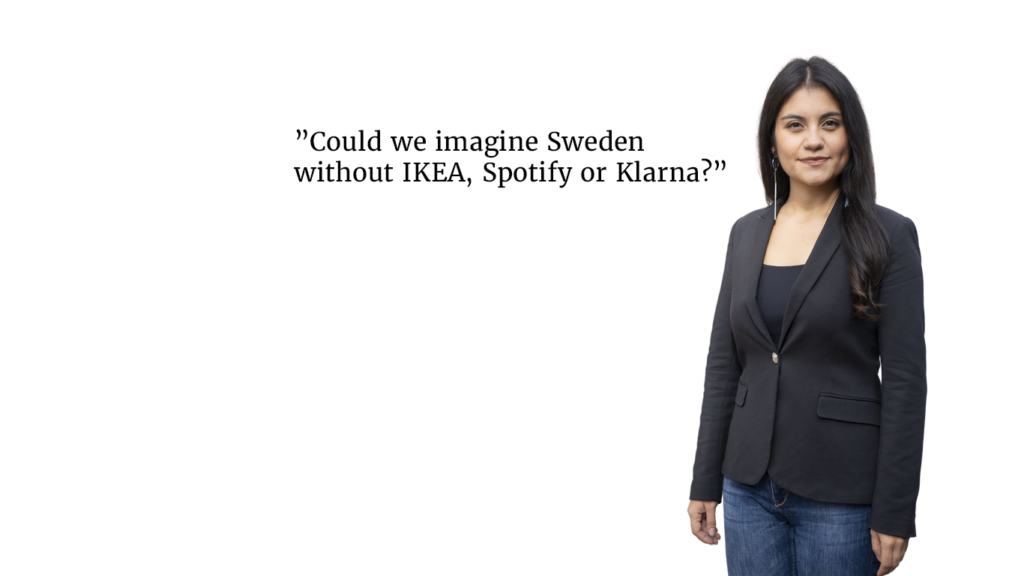Sweden is known for it’s entrepreneurial culture – but where did it come from? Not from our academic courses, says Catalina Ordoñez.
Entrepreneurial culture was never an important part as I was growing up. For many years, the standard Colombian family was focused on raising children who would seek stable jobs. The ideal was to connect with a strong company that would allow them a position for life, until the moment of retirement. Therefore, I grew up in an environment with little motivation for innovation and creativity. In recent years, however, there has been an increase in the mindset of entrepreneurship worldwide, which has also driven this movement in Colombia. And even so, during my bachelor, I did not have access to basic education in business creation, ideas promotion or participation in startups.
Surprisingly, in my master’s degree I still don’t have the academic tools that I consider fundamental in the business life of any person. It surprises me that in the development of the syllabus, the academic board did not consider it necessary to include the entrepreneurial approaches – even taking into account that cities like Stockholm or Malmö have worked for years to establish themselves as the Nordic Silicon Valley. It is puzzling that among the elective courses, not one involved topics about workplace innovation.
How come a master’s degree in Strategic Communication exclude such an ingrained perspective in Swedish and global culture? Could it be that communication practitioners are not destined to produce startups? Why is entrepreneurship still seen as an additional option but not incorporated into the education of students?
Could we imagine Sweden without IKEA, Spotify or Klarna? If entrepreneurship is part of almost all aspects of society, I think it should permeate the academy and the curriculum of all careers, including professions such as communicators – or even all social science students for that matter. I believe that leaving innovation as extracurricular activities questions the importance of promoting creative thinking. Perhaps it is diverting future communication professionals from an area that has become an essential and key part of the development of today’s world.
I am afraid that if the involvement of innovative thinking in social science classes continues to be limited, we will miss out on a world of possibilities. Interdisciplinarity has been – and will continue to be – a fundamental component in the development of groundbreaking ideas. I believe that the best lesson for anyone within the social sciences is to learn to break the mental limits, and to always be in search of creative ideas. To let discovery and creativity be the DNA of their daily work. And, hopefully from their academic training, they can unleash the entrepreneurial spirit that society constantly demands.









